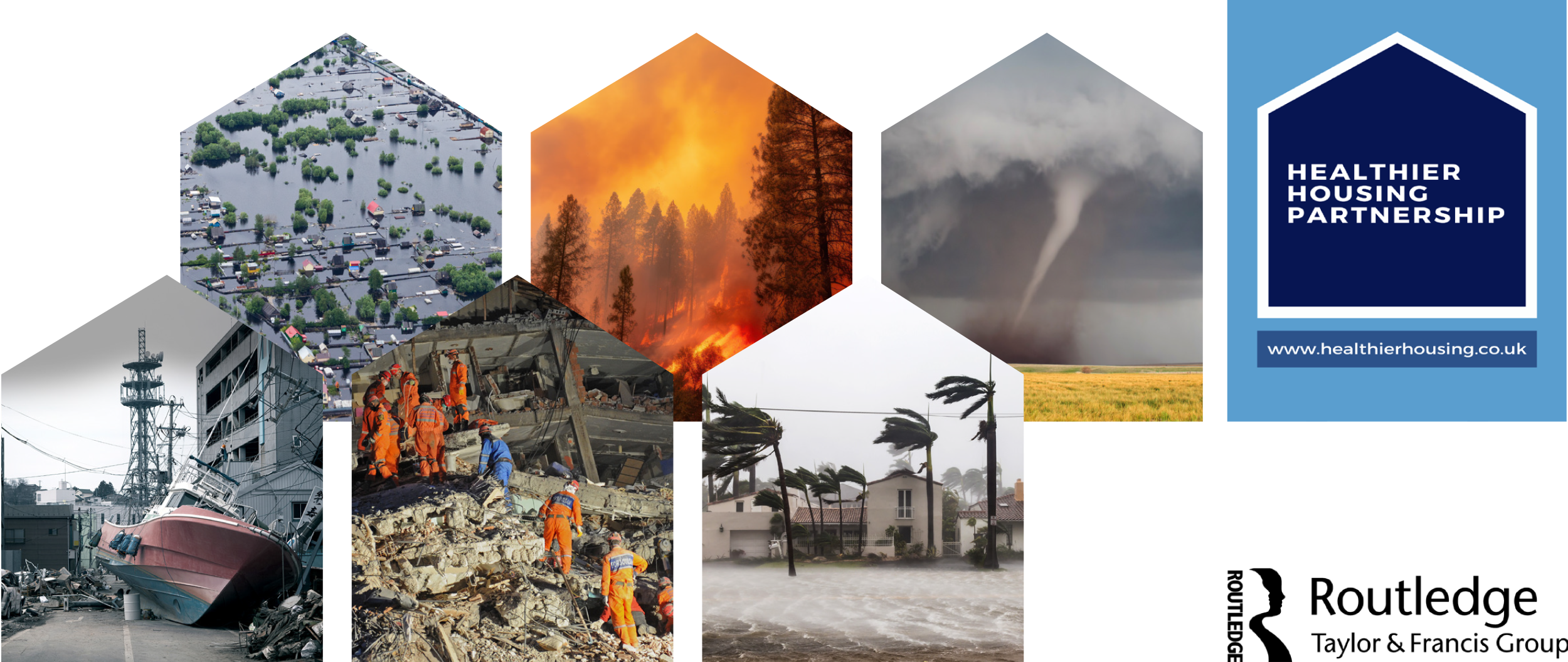Parallel Session E 13.30
Dr Kate Simpson and Dr Angela Connelly
Centre for Sustainable Construction and Retrofit, Nottingham Trent University
Manchester School of Architecture, Manchester Metropolitan University
Climate adaptation is urgent as mitigation alone will not prevent climate change. The UK Ministry of Defence warns of cascading risks, including extreme heat, energy insecurity, and flooding, which can lead to health issues, civil unrest, and homelessness. Currently, around 2,000 heat-related deaths occur annually in the UK, projected to rise to 10,000 by 2050. Energy insecurity, high fuel costs, and emissions from gas heating remain unresolved, while retrofitting properties for flood resilience lags behind the Committee on Climate Change’s targets.
Nearly all 29 million UK homes need retrofitting by 2050 to reduce energy demand and move away from gas. However, policy has mainly focused on minimizing operational energy use, often overlooking climate resilience. While some measures can minimise climate impacts such as overheating and flood damage, the consideration of climate resilience in energy policies and retrofit research remains minimal.
Therefore, this paper conducts a rapid review of peer-reviewed and grey literature to assess retrofit strategies for energy efficiency and climate resilience, focusing on overheating and flood risk. A total of 814 papers were reviewed, with ~100 being analysed in detail. Findings indicate a lack of consistent research across building types, particularly concerning flood and storm resilience. The paper summarizes strategies and evaluates how studies address future climate projections and whole-building approaches.
